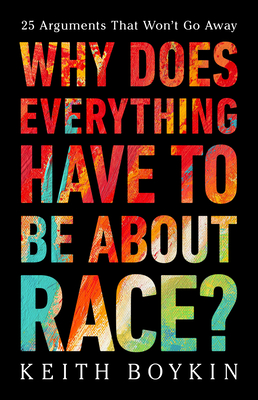What do you think?
Rate this book


288 pages, Hardcover
Published January 23, 2024
"…Do a Google search for “the history of racism in” almost any subject you can imagine, and you’ll find examples. You can even search for “the history of racism in Google” and discover how search engines themselves were powered by racist algorithms. In fact, every aspect of American life—toys, dolls, schools, colleges, fraternities, sororities, housing, employment, marriage, family, business, finance, insurance, government, hospitals, fire departments, military units, railroads, air travel, media, music, sports, fashion, religion, policing, prisons, farming, tourism, movie theaters, bars, nightclubs, restaurants, grocery stores, shopping malls, public parks, private streets, highways, gated communities, cities, suburbs, cemeteries, and even the pollution in the environment—was set up to perpetuate white supremacy in a way that was often imperceptible to the white beneficiaries but virtually unavoidable for the Black victims."